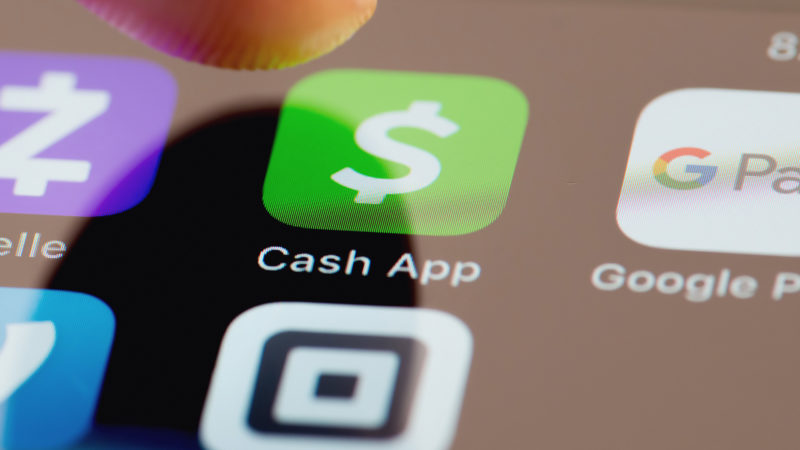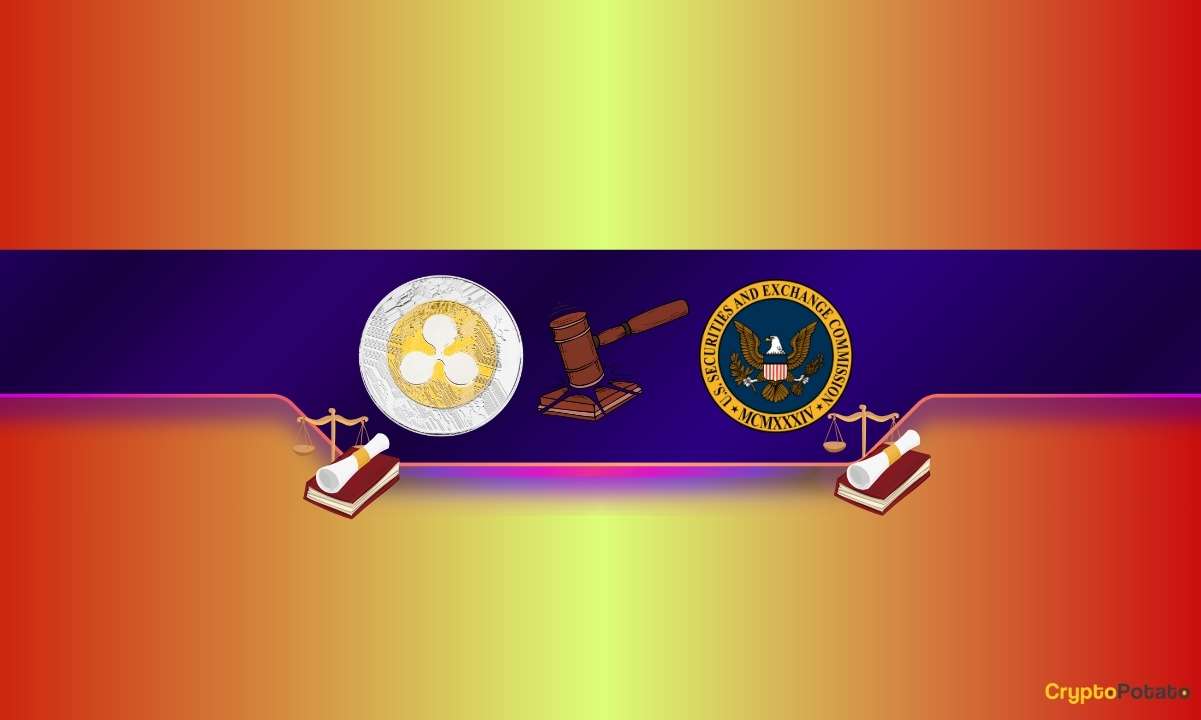
Latest news: the amounts in Bitcoin (BTC) and Bitcoin Cash (BCH) that will be returned to Mt. Gox creditors have finally been disclosed.
By logging in to claims.mtgox.com, creditors who have registered and completed the refund request procedure can now see the amounts that will be refunded to them.
Mt. Gox Bitcoins: latest news
Mt.Gox was the main exchange of Bitcoin in the world in 2014 when it closed its doors due to a theft and failed.
Despite the sensational theft, he still had many BTC in his wallet, and with the 2017 fork he also received an equal number of BCH.
Overall, the bankrupt company still has about 141,000 BTC in its treasury, which is slightly less than half of what the Grayscale ETF (GBTC) still owns.
Now the Bitcoins held by Mt. Gox will be returned to the creditors, although it is not yet clear when, and they in turn may also decide to sell them.
However, it is not at all certain that they will sell them.
The revaluation of Mt. Gox’s BTC
When the Japanese exchange closed in February 2014, theoretically there were more than 141,000 BTC belonging to its users that it should have held.
He then declared that he had lost 750,000 BTC of his clients and about 100,000 of his own.
The remaining 141,000 BTC were worth about $112 million on the day of closure, but today they are worth much more: almost $9.4 billion. In other words, in just over ten years they have appreciated by 8,300%.
When it declared bankruptcy, the market value of all the BTC of Mt.Gox users, including those stolen, had fallen below 500 million dollars, due to the drop in the price of Bitcoin following the closure of the exchange. Mt. Gox suspended withdrawals on February 7, 2014, and two weeks later declared bankruptcy.
Therefore, the current market value of the remaining 141,000 BTC is higher, by far, than the value that all the Bitcoins owned by its users had at the time of the exchange’s closure, including those that had actually been stolen.
This means that, although not receiving back all the BTC they were supposed to have on the exchange, former Mt. Gox users will receive in exchange a sum in Bitcoin of higher value than what they had deposited on the exchange at the time of withdrawal closure, if calculated in fiat currency.
Actually, despite receiving a number of BTC lower by more than 80% than what they were supposed to have on the exchange at the time, the market value in fiat currency of the refund will still be approximately 2,000% higher.
Instead, if they had received back the same number of BTC they had in deposit at the exchange at the time of closure, the profit would have been 8,300%.
The sale of Mt. Gox’s BTC
Now the question is: will the creditors who receive the refunds sell the Bitcoin they will cash in this way?
Another important element must be added to this reasoning.
In addition to BTC, former Mt.Gox users will also receive an equal number of BCH, or almost.
It should be remembered, however, that the current price of BCH is much lower, around $500, and the eventual sale of all the BCH they will receive will not be nearly enough to recover the fiat value of the capital lost in February 2014 with the closure of the exchange.
So whoever wants to at least recover the capital lost in that way will have to sell all the BCH they receive, and at least 5% of the BTC.
If everyone did this, and only this, a total of 7,000 BTC would be sold, for example the same amount that Grayscale’s ETF sold on March 4th. The difference is that the day before GBTC had sold another 9,600, while it is not certain that Mt.Gox creditors will sell more.
The point is that, on one hand, someone might want to sell everything ten years later to monetize the gains, while on the other hand many others might want to continue holding BTC in the hope of earning even more in the future.
In other words, those who unexpectedly receive a sum of money and do not need to convert it into fiat currency may decide to keep it in BTC, hoping to continue earning in this way, while those who prefer to cash out in fiat currency may decide to sell it.
However, it should be noted that those who wanted to receive fiat currency as a refund from Mt.Gox could request it explicitly, and apparently the bankruptcy trustee has already disbursed refunds in fiat. So creditors who are still waiting to be reimbursed in BTC and BCH may not have a particular interest in receiving fiat currency at this time.
It should be noted that from January 11th until today, Grayscale’s ETF has liquidated more than 310,000 BTC, which ultimately have all ended up increasing the reserves of the other two main Bitcoin ETFs, BlackRock’s IBIT and Fidelity’s FBTC.

 1 week ago
8
1 week ago
8









 English (US) ·
English (US) ·